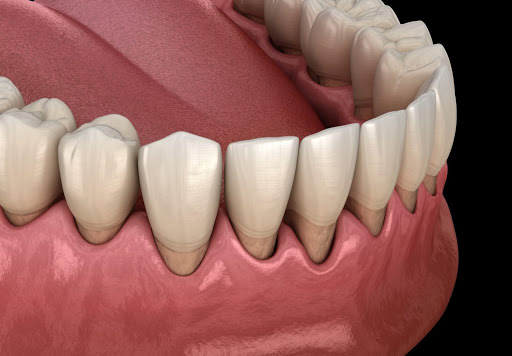Many of you must not be aware of what tartar is and how it gets on your teeth? Many people don't even know what can happen if plaque on teeth stays for long? Time to know the facts. Your dentist must have always suggested you brush and floss your teeth regularly as it will prevent tartar from building up. But those who brush their teeth twice, still have bacteria in their mouth. These bacteria mix with food byproducts and protein and form a sultry film known as dental plaque. This sticky film coats your teeth and even hard-to-clean areas get below your gum line and sticks to fillings. Plaque can be bad news because every time when you eat, the bacteria create acids that can damage the enamel of the tooth and result in cavities. These acids can also cause infected or inflamed gums. But, by removing this plaque regularly, you can prevent permanent tooth decay. If this plaque does not get removed, it gets hard and converted into tartar teeth. If it stays for too long it can get converted into the Tooth Abscess.

Effects Of Tartar On Your Gums And Teeth
It gets hard to brush and floss because tartar makes it difficult. This can lead to tooth decay. Any tartar that is formed above your gum line could be bad for you. This is because bacteria can irritate and spoil your gums. Eventually, this may initiate progressive gum disease. When gum disease is in its mild form, then it is known as gingivitis. It can be stopped and upturned if you brush, floss, and get regular cleanings from the dentist.
If you don't stop it, it can get worse, especially in the area where the pockets are formed between the gums and teeth. It will get infected by bacteria and form a tooth cavity. That's called periodontitis. Our immune system sends chemicals to fight with bacteria and these chemicals mix with bacteria and this whole stuff is put out. The resulting stew can injure the bones and tissues holding your teeth in place. Also, some studies show the connection between gum disease and heart disease, and other health problems. So, it is important to control the tartar.

Here are some tips that can help you to control tartar. It is a challenge for you not to let tartar form on your teeth. These include:
- Brush regularly, twice a day for at least 2 minutes. Prefer using a brush with soft bristles that can easily fit into your mouth. Make sure that you clean hard-to-reach surfaces behind your teeth and your rear molars.
- Electronic or powered toothbrushes are better as compared to manual models. Make sure the electronic brush you choose is approved by the dentist and serves your concern well.
- Choosing anti-cavity toothpaste with fluoride in it will definitely work. It will prevent plaque from getting hard into tartar.
- Floss is very important. No matter how good your toothbrush is, but to remove plaque between the teeth, you will need dental floss
Article source:- https://urbndental.mystrikingly.com/blog/what-happens-if-you-stop-brushing-your-teeth






Comments